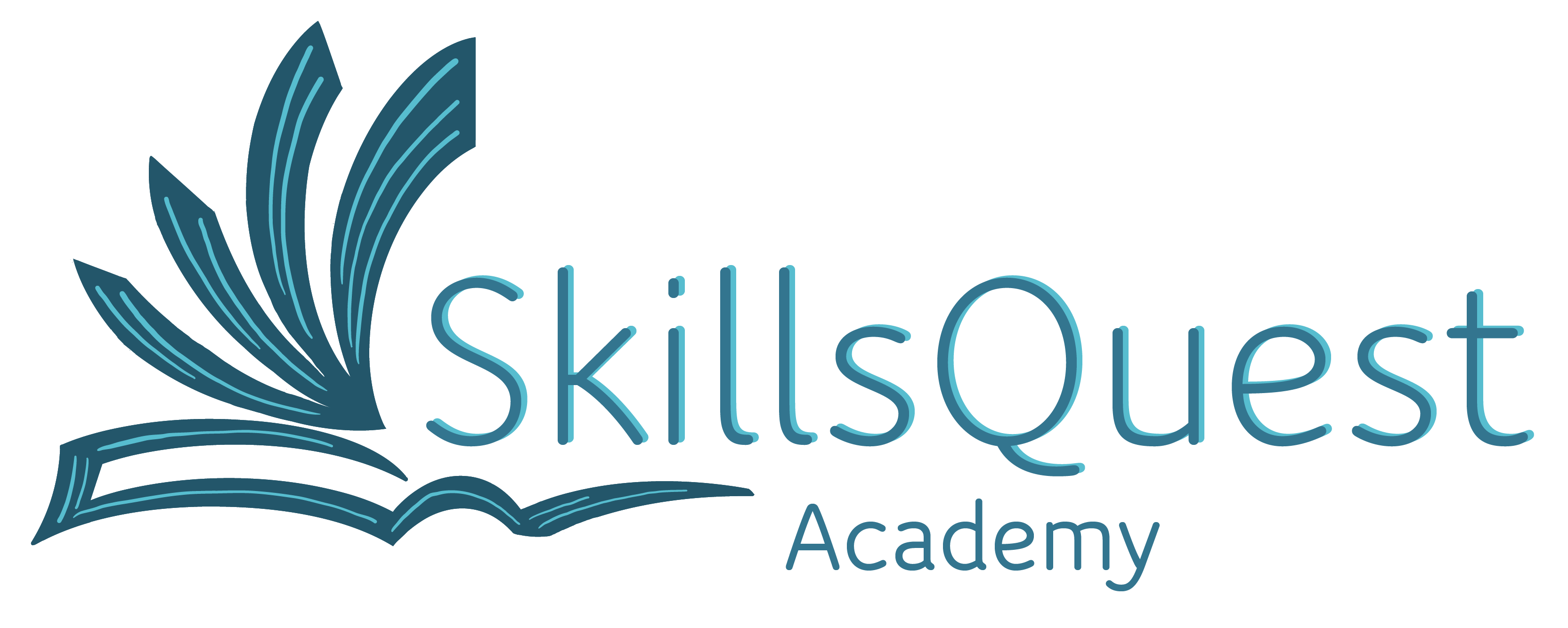Business Studies Short Course
This course will help develop a range of important and transferable skills such as data skills; presenting arguments and making recommendations on the basis of the available evidence, and problem-solving to help a business maximise its potential. A broad variety of business-related topics ranging from finance, and keeping records to operations and resource management will be provided.
This course is thoughtfully structured into ten manageable units, each exploring key aspects of the field.
Business Studies Short Course Diploma Entry Requirements:
All students must be 16 years of age and above to enter into our Business Studies Short Course Diploma (Level 3).
Short Course Diploma courses require a minimum prior learning to GCSE standard in order that students can manage their studies and the assumed knowledge within course content.
Study Hours
200 hours in total. Or 20 hours per week over 10 weeks.
Assessment
Written assessment at the end of each unit of study.
Enrolment
Please note that you can enrol on this course at any time.
Progression
This Business Studies Short Course Diploma can be used to gain entry to a Level 4 Diploma or higher.
Course Content
Unit 1 – Starting a Business
The process of establishing and growing a business venture is multifaceted, involving various stages and considerations.
This module begins by exploring the initial steps of generating innovative ideas, safeguarding them, and transforming resources into valuable goods and services. It then delves into the development of a comprehensive business plan, covering essential aspects such as start-up market research, understanding target markets, choosing an appropriate legal structure, securing financing, locating or expanding the business, and building a capable workforce.
Additionally, the module highlights the importance of adapting to the evolving business landscape, learning from past experiences, and capitalising on current trends to stay ahead of the competition and seize emerging opportunities. By addressing these key elements, this module equips aspiring entrepreneurs with the knowledge and skills necessary to embark on a successful business journey.
In the world of business, financial considerations are crucial to success.
This section delves into various aspects of business finance, highlighting the importance of cost analysis in decision-making processes, the application of break-even analysis to determine profit margins and pricing strategies, the role of cash flow forecasting in budgeting and start-up assessments, and the consideration of funding sources to secure necessary financial resources. By examining these financial aspects, businesses can establish a solid foundation for growth and sustainability.
Unit 3 – Finance
The effective management of finances is a critical aspect of running a successful business.
This module focuses on various financial management strategies, including budgeting and cash flow improvement to increase profitability, the roles of staff in financial operations, the utilisation of financial resources and support, the legal obligations associated with tax payments and employee benefits, and the necessity of financial auditing for ensuring transparency and maintaining a healthy financial balance. By gaining insights into these financial management practices, businesses can enhance their operational efficiency and sustain long-term growth.
Unit 4 – People in Business
The success of a business venture hinges significantly on the performance and attitude of the people involved.
This module underscores the pivotal role of effective leadership and competent teams in driving organisational growth. It highlights the responsibilities of human resource management, including addressing staff needs and fulfilling legal obligations through training and personal development. Regardless of the size of the workforce, businesses must establish clear roles and responsibilities for each staff member, whether through written documentation or regular communication.
The module also emphasises the significance of maintaining an appropriate organisational structure, enabling each team member to understand their position within the company and contribute effectively to its success. As businesses expand, it becomes increasingly important to adapt and refine organisational structures to support evolving roles and responsibilities. By focusing on the human element of business operations, this module reinforces the importance of effective leadership, teamwork, and communication in driving organisational success.
Unit 5 – Operations Management
There are several ways that businesses are managed both on a daily basis and through long-term planning and formulating strategies. Making operational decisions helps to maintain and promote quality, offer the best Customer service and ensure good working relationships with suppliers.
This is made easy through the use of technology in operations. Nowadays invoices are made, paid and managed through the finance package. Profits are maximised if a business is kept in stock that is needed, and readily available, and a service is offered with employees having the tools and materials to do their jobs easily.
Unit 6 – Marketing and the Competitive Market
For a business to thrive, effective marketing is essential.
This module emphasises the importance of staying informed about market conditions and trends, allowing businesses to effectively tailor their offerings to meet customer demands and stay ahead of competitors. By conducting thorough market research and maintaining awareness of current trends, businesses can design a compelling marketing mix that includes a well-designed product, targeted promotion strategies, and competitive pricing, all of which contribute to building a solid reputation and maximising profits.
By establishing a strong market presence, businesses can strive to become industry leaders, gaining customer trust and loyalty through high-quality products, excellent customer service, and a reputation for integrity. By delivering on these key elements, businesses can achieve sustainable success and differentiate themselves in a crowded marketplace.
Unit 7 – Marketing Strategies and Operations Management
As businesses evolve, it becomes increasingly crucial to adapt and refine organisational strategies to support growth and maintain competitiveness.
This module examines the importance of aligning organisational structures with strategic objectives, conducting thorough market analysis, and understanding key operational areas such as scaling, resource allocation, innovation, location, and lean production.
By implementing effective strategies and leveraging competitive advantages, businesses can achieve sustainable growth and navigate market challenges. For instance, the rise of hypermarkets in suburban areas forced smaller shops to innovate and adapt to stay relevant, often by specialising in niche products and emphasising personalised customer service. By understanding the dynamics of the market and staying attuned to customer preferences, businesses can develop strategies that ensure their continued success and viability in a rapidly evolving marketplace.
Unit 8 – Human Strategies, Financial Strategies and Accounts
Regardless of the size of a business, maintaining compliance with HR objectives and legal requirements is essential for building a successful and competitive workforce.
This module emphasises the importance of utilising established HR models to develop a comprehensive workforce strategy, which clearly outlines employee rights and responsibilities, such as working hours, vacation policies, and opportunities for professional development. By fostering strong employee-employer relationships, businesses can establish a positive work environment that supports increased productivity and efficiency.
By aligning HR objectives with legal requirements and organisational structures, businesses can foster a culture of compliance and respect, ultimately contributing to long-term success and sustainability. Additionally, effective workforce planning ensures that businesses are prepared to adapt to changing market conditions, regulatory requirements, and evolving employee needs, further supporting organisational growth and competitiveness.
Unit 9 – The Business Environment
Requirements
- All students must be 16 years of age and above to enter into our Business Studies Short Course Diploma (Level 3). Short Course Diploma courses require a minimum prior learning to GCSE standard in order that students can manage their studies and the assumed knowledge within course content.








